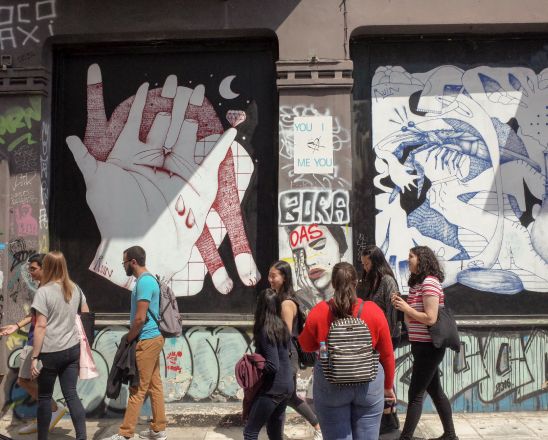
Sociology of Dissent
![]()
Sociology of Dissent occupies a particular place in contemporary societies. On the one hand, state mechanisms adopt pre-emptive policies and strategies in an attempt to prevent dissent from evolving into civil unrest and disorder, whilst on the other hand, dissent remains the most powerful tool in the hands of those social groups who feel and/or are marginalized, excluded or silenced. Arising in a number of contexts – the political domain, everyday life, popular culture, sports, institutions – dissent has been routinely associated with progressive causes and positive social transformation. However, similarly to the germane concept of resistance, dissent can also take regressive forms. In recent years, the multiple manifestations of crisis in the West have given rise to ideologies and practices with a strong anti-establishment profile coupled with an agenda of social exclusion, calling, thus, for a revision of our sociological horizon and analytical tools with regards to dissent.
Using contemporary Greece as an entry point to these debates and combining key readings with interactive learning methods, “Sociology of Dissent” course presents a sociological perspective on dissent that calls into attention the meanings and conceptual histories of dissent.
To do so, the following topics will be explored throughout the course of the semester:
- The culture of protesting: civil unrest, public order/disorder and police violence
- The convergence between sports and politics: football (soccer) fan clubs, collective belonging and ritualized violence
- On the Left: anarchism and the emergence of identity activism (feminism, veganism, anti-fascist and anti-racist groups)
- On the Right: the rise of new fascism as an anti-establishment movement (white supremacy, ultra-nationalism, anti-immigration discourses)
- Alternative rationalities: contesting scientific expertise, alternative therapies and spiritualities, the rise of conspiracy theories
- Street art forms: hip-hop culture, street poetry, graffiti and landscapes of dissent in the urban culture and the new media
- Tradition as resistance: religion as a powerful institution and as a force of dissent.
Class Participation
Oral Presentation
Research Paper
CYA Blog: Click here to learn how students of this class observe urban art as a means to learn about social dissent.



